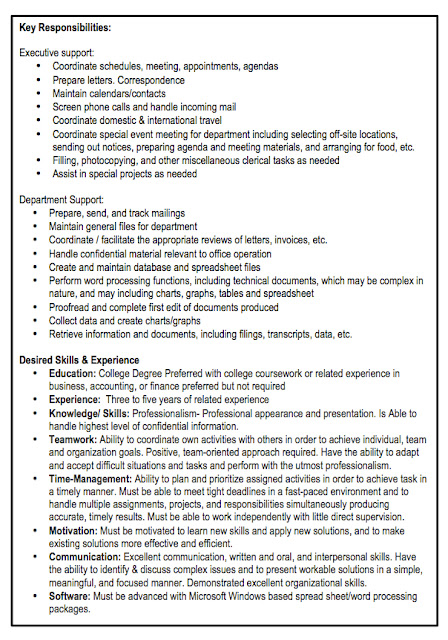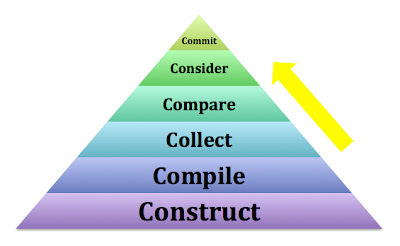References
- Alan Chapman. "Related Materials." Douglas Mcgregor's Motivational Theory X Theory Y. N.p., 1995. Web. 18 Nov. 2013. <http://www.businessballs.com/mcgregor.htm>.
- "F10-MANA3001 - Warren Buffett." F10-MANA3001 - Warren Buffett. N.p., n.d. Web. 18 Nov. 2013. <http://f10-mana3001.wikispaces.com/Warren Buffett>.
- "Leadership." Leadership. N.p., 12 Sept. 2008. Web. 18 Nov. 2013. <http://www.slideshare.net/bhansalijayanti/leadership-presentation-595053>.
- Michael J. Spindler. "Superior Leader- Warren Buffett." Articlesbase.com. Articlesbase.com, 3 Apr. 2008. Web. 18 Nov. 2013. <http://www.articlesbase.com/leadership-articles/superior-leader-warren-buffet-377648.html>.
- "Warren Buffett." Influential Leadership. Wordpress, 7 Aug. 2010. Web. 18 Nov. 2013. <http://influentialleadership.com/warren-buffett/>.
- "What Is Warren Buffett's Investing Style?" Investopedia. Investopedia, 23 May 2011. Web. 18 Nov. 2013. <http://www.investopedia.com/articles/05/012705.asp>.
- Robert Greenleaf. "Ten Principles of Servant Leadership." Butler University. N.p., n.d. Web. 19 Nov. 2013. <http://www.butler.edu/volunteer/resources/principles-of-servant-leadership/>.
- "Berkshire Hathaway's Competitive Advantages." Berkshire Hathaway Inc. (BRK.B):. N.p., 8 June 2013. Web. 19 Nov. 2013. <http://seekingalpha.com/article/1488882-berkshire-hathaways-competitive-advantages>.
- "What Warren Buffett Wants to Know Before He Hires You." What Warren Buffett Wants to Know Before He Hires You. N.p., n.d. Web. 20 Nov. 2013. <http://recruiterbox.com/blog/what-warren-buffett-wants-to-know-before-he-hires-you/>.
- "Chief Financial Officer M/W." LinkedIn. N.p., 9 Nov. 2013. Web. 21 Nov. 2013. <http://www.linkedin.com/jobs2/view/9671783?trk=jobs_search_public_seo_page>.
- "What Is “Leadership” and What Makes a Good Leader? | Search Inside Yourself Leadership Institute." Search Inside Yourself Leadership Institute. N.p., 19 Apr. 2013. Web. 23 Nov. 2013. <http://www.siyli.org/what-is-leadership-what-makes-good-leader/>.
- "Executive Assistant." LinkedIn. N.p., 2011. Web. 21 Nov. 2013. <http://www.linkedin.com/jobs2/view/2256493?trk=njsrch_hits>.
- Decker, Ben & Kelly. "Tag Archives: Warren Buffett." Decker Communications. N.p., 14 Dec. 2011. Web. 23 Nov. 2013. <http://decker.com/blog/tag/warren-buffett/>.
- Berman, Karen, and Joe Knight. "HBR Blog Network." Harvard Business Review. N.p., 4 Mar. 2010. Web. 23 Nov. 2013. <http://blogs.hbr.org/2010/03/financial-communication-warren/>.
- "What We Do." Work Communications. N.p., n.d. Web. 23 Nov. 2013. <http://www.workcomms.com/what-we-do/>.
- "Bill & Melinda Gates Foundation." Warren Buffett. N.p., 2013. Web. 24 Nov. 2013. <http://www.gatesfoundation.org/who-we-are/general-information/leadership/management-committee/warren-buffett>.
- "The Leadership Performance Blog." Web log post. Five Things You Can Learn about Leadership from Warren Buffett. N.p., n.d. Web. 22 Nov. 2013. <http://www.madstonblack.com.sg/_blog/The_Leadership_Performance_Blog/post/5_things_your_can_learn_about_leadership_from_Warren_Buffett/>.
- "What We Do." Work Communications. N.p., n.d. Web. 23 Nov. 2013. <http://www.workcomms.com/what-we-do/>.
- "What Is “Leadership” and What Makes a Good Leader? | Search Inside Yourself Leadership Institute." Search Inside Yourself Leadership Institute. N.p., n.d. Web. 23 Nov. 2013. <http://www.siyli.org/what-is-leadership-what-makes-good-leader/>.
- "Warren Buffett: Culture, Not Rules, Determines Organizational Beheavior." Wrightings. N.p., 11 Mar. 2011. Web. 24 Nov. 2013. <http://wrightingsblog.wordpress.com/2011/03/01/warren-buffett-culture-not-rules-determine-organizational-behavior/>.
- Miles, Robert P. The Warren Buffett CEO: Secrets from the Berkshire Hathaway Managers. New York: John Wiley & Sons, 2002. Print.
- “Ten Principles of Servant Leadership” Robert Greenleaf. Web. 19 Nov. 2013.
- <http://www.butler.edu/volunteer/resources/principles-of-servant-leadership/>.












